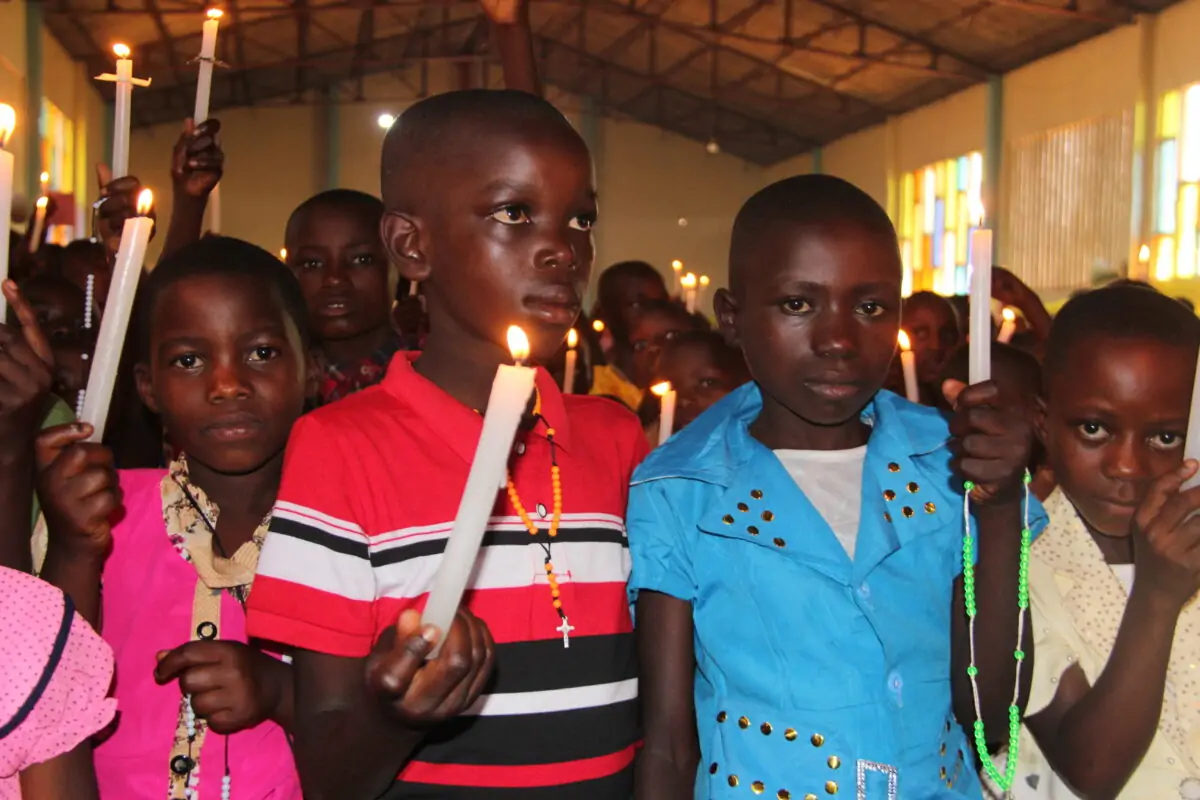«This is a fundamental expression of the human being, but which, curiously, is violated in one third of the countries of the world.»
ACN.- Religious freedom is a fundamental human right that is included in Article 18 of the Universal Declaration of Human Rights: «Everyone has the right to freedom of thought, conscience and religion; this right includes freedom to change his religion or belief, and freedom, either alone or in community with others and in public or private, to manifest his religion or belief in teaching, practice, worship and observance.
The pontifical foundation Aid to the Church in Need (ACN), in its mission to help poor and threatened Christian communities, seeks to raise awareness of the difficult situation of lack of religious freedom experienced by millions of people in the world. The director of ACN Colombia and ACN Global, María Inés Espinosa Calle, explains that religious freedom «is a fundamental expression of the human being, but curiously, it is violated in a third of the countries in the world». For this reason, among other initiatives, since 1999 it has been preparing the World Religious Freedom Report (WFRR), which reports every two years on the state of this fundamental right in all countries of the world and for all religions.
This year’s report reveals that persecution on the basis of faith has worsened and impunity has increased. In 61 of the 196 countries of the world, according to this study. This persecution has manifested itself in extreme violations of Article 18 of the UN Universal Declaration of Human Rights: the right to freedom of thought, conscience and religion. The recent edition of this analysis reveals that persecution on the basis of religion is present in 14% of these countries, while in 17% there is discrimination on the basis of faith.

Article 18 – A fundamental right
In 1948 the Union of Soviet Socialist Republics (USSR) wanted to divide the right to freedom of thought, conscience and religion into three autonomous rights.
COMECE’s legal advisor, José Luis Bazán, explains, in the Executive Summary of the Report Religious Freedom in the World 2023, that the Soviet delegation justified the proposal by stating that «the expression ‘freedom of thought’ included scientific and philosophical thought, in addition to thought in its religious forms». Finally and at that time, agreement was reached, as the Philippines thought, that a declaration on human rights «should attempt […] to express a common philosophy for all nations and thus promote the advancement of the human race» by recognizing a single right to freedom of thought, conscience and religion.
According to Bazán, this deconstruction of the single right into three different ones was highlighted in a report prepared by the UN special rapporteur on freedom of religion or belief: «Freedom of thought is recognized as one of three distinct but equal rights within the right to freedom of ‘thought, conscience and religion or belief. This approach, which has divided one right into three with a special focus on freedom of thought, seems to have made a comeback. And the fact is that, as the ILR article ends, religious freedom cannot exist without freedom of thought and conscience, since these freedoms imply per se a position on religion, whether of adherence, rejection or indifference towards it.


